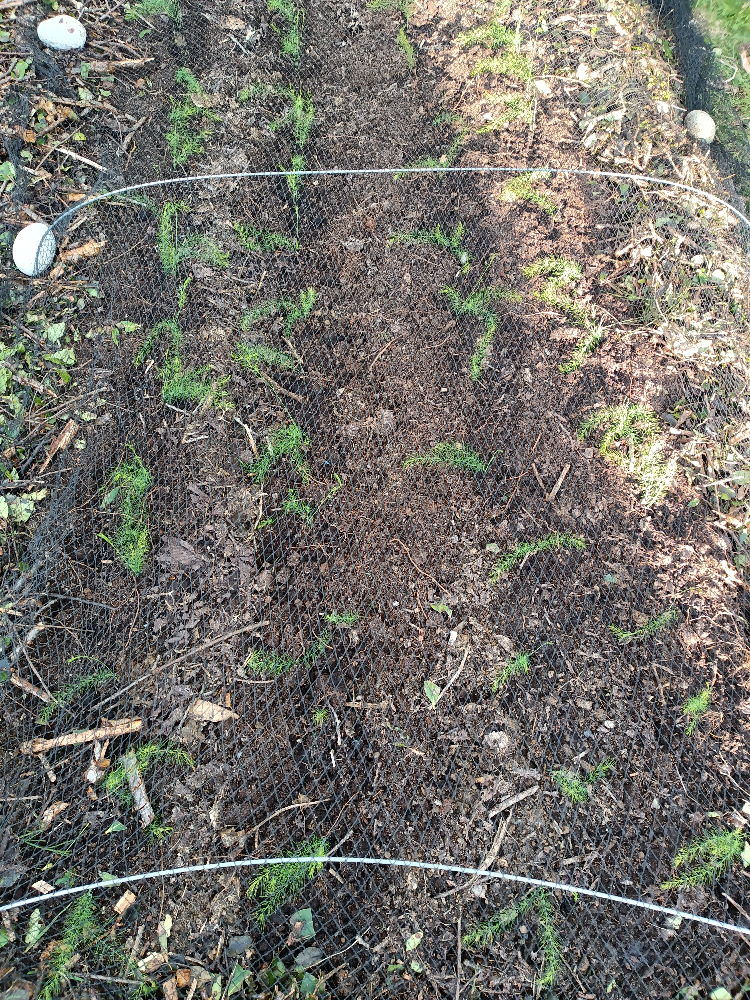Bacillus thuringiensis is the answer, for me anyway, for white butterfly. It's organic approved - from a natural bacteria found in soil.
It's the only spray I use (besides pyrethrum). It disrupts the catapiller and keeps brassicas from being eaten.
You buy it as a powder and mix a tiny amount with water (a drop of detergent helps) and spray about every two weeks. I highly recommend it.

I bought 1kg a couple of years ago, which will last me the rest of my life as long as it doesn't go off - I store it in a cool, dark, dry place. Have only used 20 - 30 grams in the last 3 years.
When I bought it, it was called Bactur Organic from SprayShop. It looks like that has been discontinued and replaced with Genius BT.
This was the most economical way to buy it for me at the time. It has gone up considerably by the looks. If you've got friends who garden, you could share it around to spread the cost - it goes a long way.
I think there is another more generic brand that sells it, but I can't remember what it's called, and they sell very small quantities for the price.
IIRC => Yep, BT produces a protein that blocks the digestive system of the insect/caterpillar, effectively starving it - we don't see any meaningful loss at all. It is not supposed to harm other beneficial insects, and that appears to be true - we don't spray it on bees, but haven't seen any dead bees or reduced bee numbers with its use.